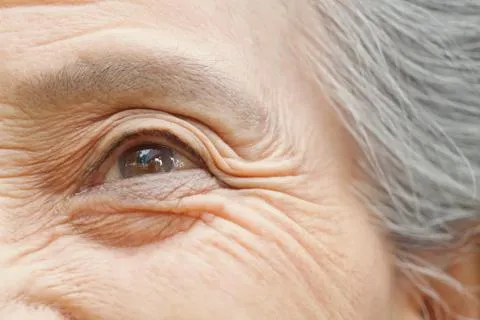“Why Getting Older Can Be Good for Your Mind and Body”

When we think about aging, the common narrative often centers on decline: loss of strength, memory, and vitality. Yet, this perspective only tells part of the story. Aging is a complex, multifaceted process that, alongside some challenges, brings surprising improvements to physical, mental, and emotional health. More than ever, research is revealing the positive changes that can emerge as we grow older—showing that aging isn’t just about deterioration, but also about growth, resilience, and even enhanced well-being.
The Myth of Inevitable Decline
The stereotype of aging as a steady march towards frailty is rooted partly in cultural attitudes and partly in observations of illness in the elderly. However, these images often ignore the vast differences in how individuals age, as well as the body’s remarkable capacity to adapt and heal.
Aging is not a disease; it’s a natural biological process. While some functions do slow down, others can improve, helping many older adults maintain a high quality of life well into their later years.
Physical Health Improvements with Age
1. Stronger Immune System Regulation
While the immune system weakens with age in some ways, studies show that older adults develop a more refined immune response that can reduce inflammation and autoimmune disorders. This immune regulation may protect against chronic diseases that involve excessive immune activity.
2. Reduced Allergies and Sensitivities
Many individuals find that seasonal allergies or food sensitivities diminish over time. The immune system’s changing activity can lead to fewer allergic reactions in later life, improving overall comfort and quality of life.
3. Lower Metabolic Rate and Caloric Needs
A slower metabolism can be advantageous when paired with healthy lifestyle choices. It reduces wear and tear on cells, helping some to avoid metabolic diseases such as diabetes when paired with good diet and exercise.

Cognitive and Emotional Gains in Aging
1. Improved Emotional Regulation and Wisdom
Older adults generally report greater emotional stability and resilience. They are better at managing stress, controlling impulses, and savoring positive experiences. This is attributed to changes in brain regions associated with emotion and decision-making.
2. Accumulated Knowledge and Wisdom
While some memory functions might decline, crystallized intelligence—the ability to use knowledge, experience, and skills—often improves. Older adults can solve problems with insight, intuition, and perspective gained over a lifetime.
3. Increased Empathy and Social Understanding
Research suggests that many people become more empathetic and better at social cognition as they age. This can lead to improved relationships and stronger social support networks, both of which are crucial for long-term health.
Lifestyle and Behavior Benefits
1. Healthier Habits
With age often comes a greater awareness of health risks and a commitment to wellness. Older adults may adopt better diets, quit smoking, reduce risky behaviors, and adhere more consistently to medical advice.
2. Better Sleep Patterns
Though older adults may sleep less deeply, many develop more consistent sleep schedules, improving restfulness and recovery. This regularity can enhance mental and physical health.
The Role of Psychological Growth
1. Acceptance and Life Satisfaction
Older individuals tend to show higher levels of life satisfaction and acceptance of their circumstances. This psychological growth reduces anxiety and depression, positively influencing physical health.
2. Greater Focus on Meaning and Purpose
Aging often shifts priorities towards meaningful relationships and activities, which correlate with better mental health and longevity.
Scientific Advances and Longevity
Thanks to advances in medicine, nutrition, and exercise science, people today are living longer and healthier lives than ever before. Preventative care, chronic disease management, and mental health support have transformed what aging looks like.

Conclusion: Aging as a Time of Growth
Aging is often viewed through a lens of loss, but it is equally a time of growth, adaptation, and flourishing. Physical changes are accompanied by emotional maturity, cognitive wisdom, and behavioral improvements that can enhance overall health.
Embracing aging means recognizing its benefits—not just enduring its challenges. The journey of growing older offers a unique blend of resilience, knowledge, and well-being that many cherish.





